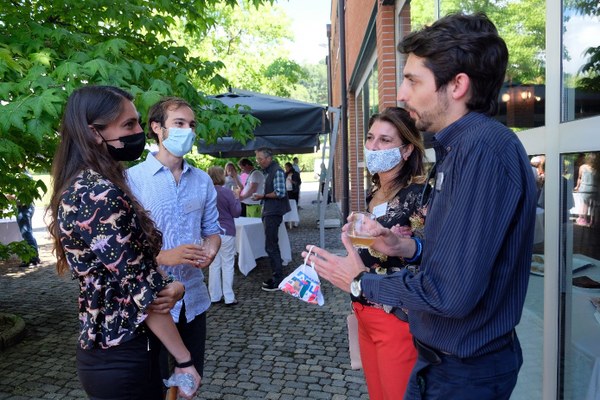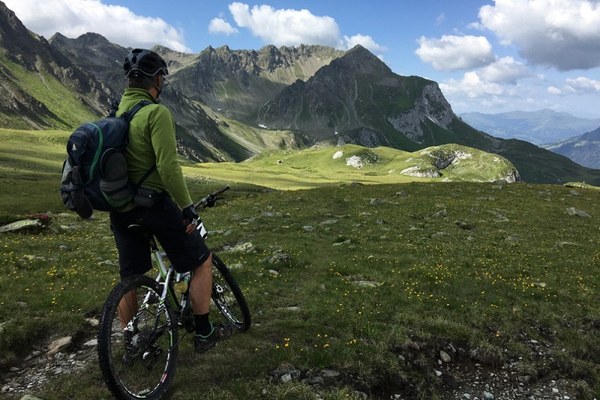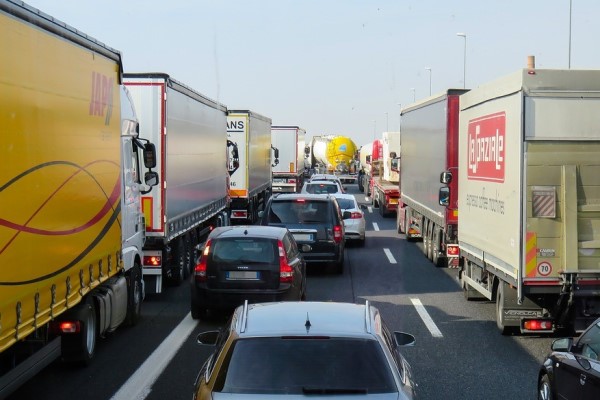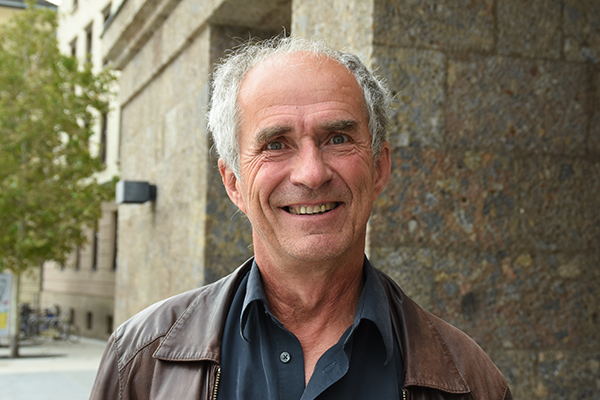Political positions of CIPRA International

cc.alps: CIPRA's demands for agriculture
The agricultural sector is directly affected by climate change impacts but it also contributes to the release of greenhouse gases (GHG) and rising concentrations of GHG in the atmosphere. A sustainable climate response strategy in the field of agriculture involves anticipating, planning and long-term thinking from farm level to transnational level. Prominent fields of activity are sustainable land and soil management, sustainable water management, managing manure and soil carbon as well as organic agriculture as an overall strategy. As agriculture is a highly subsidized economic sector, subvention policy can be used as a lever to guide the sector to sustainability and climate neutrality.

Only climate-friendly tourism is sustainable: cc.alps - CIPRA’s demands for tourism in climate change
Climate change is a major challenge to Alpine tourism. It has to adapt to climate change and at the same time become more climate-friendly. There is a particularly large potential for reduction of CO2 emissions in the key areas of traffic and energy. Tourism is a branch of the economy which is heavily subsidized. Therefore public policy can and must direct developments towards sustainability through the support given to tourism. The present discussion about developments in the tourism industry is dominated by the large chair lift companies which are essentially fixed on ski tourism and the maintenance of the status quo. But focusing only on snow and skiing means promoting a capital-intensive, highly technological form of Alpine tourism and a monoculture. This is neither climatologically nor environmentally sustainable.

cc.alps: CIPRA Demands – Energy self-sufficient regions
Not having to depend on energy imports: this vision holds great fascination for many regions. Self-sufficiency is “in.” There are already many very positive approaches and examples of attempts to go down this road. At the heart of all the concepts is the idea of meeting demand through regional renewable sources of energy, saving energy and using energy more efficiently. Anyone who systematically takes this approach in an attempt to create an energy self-sufficient region changes the face of their region and its structures – to the benefit of their own economy, society and the environment.
News on Alpine Politics

Veronika Hribernik, CIPRA International
How much is nature worth?
Alpine pastures that provide us with food. Trees that provide a pleasant microclimate. Alpine landscapes that heal and touch. At the beginning of July 2021, around 100 participants from all Alpine countries discussed the benefits and value of nature in the Alpine region at CIPRA’s Annual Conference in Biella/I.

Caroline Begle, CIPRA International
New dual leadership for CIPRA
Bianca Elzenbaumer and Serena Arduino are the new Co-Presidents of CIPRA International. They succeed Katharina Conradin, who has been in office for almost seven years.

alpMedia
Swiss Chairmanship of the Alpine Convention
Switzerland has chaired the Alpine Convention since the end of 2020. One of the main topics for the next two years will be climate protection.

alpMedia
Freight transport belongs on the rails
EU transport ministers want to reach an agreement on the new Eurovignette Directive for transit traffic by the end of September 2020. CIPRA International and the "iMonitraf!" network are therefore calling for rapid agreement to ease the burden on humans and nature.
Standpunkte der CIPRA

Point of view: The tourism dilemma
Travel threatens the very values upon which tourism in the Alps depends, creating a real dilemma. Sustainable mobility in tourism is not simply a competitive advantage, but a “must”, states Barbara Wülser, deputy director of CIPRA International.

Point of view: Skiing, adieu!
Winter is here and in many ski resorts the snow cannons are running at full blast. Yet the number of skiers is in decline, making it hard to justify the immense investments made with the aim of expanding ski areas. It is time to realise that skiing is not a business model with a future, says Katharina Conradin, President of CIPRA International.

Point of view: Municipalities as drivers for sustainable development
Sustainable development cannot be prescribed by law: it needs local people to put it into effect. Municipalities have a key role here, says Jean Horgues-Debat, the newly elected President of CIPRA France.